To increase women’s involvement in STEM (science, technology, engineering, and mathematics) disciplines, the Indian government is adopting important measures. The Women in Science and Engineering - KIRAN (WISE-KIRAN) initiative will be implemented to tackle the gender gap that persists in STEM professions. This program seeks to make STEM more inclusive for women by outlining many initiatives aimed at supporting women scientists and engineers.
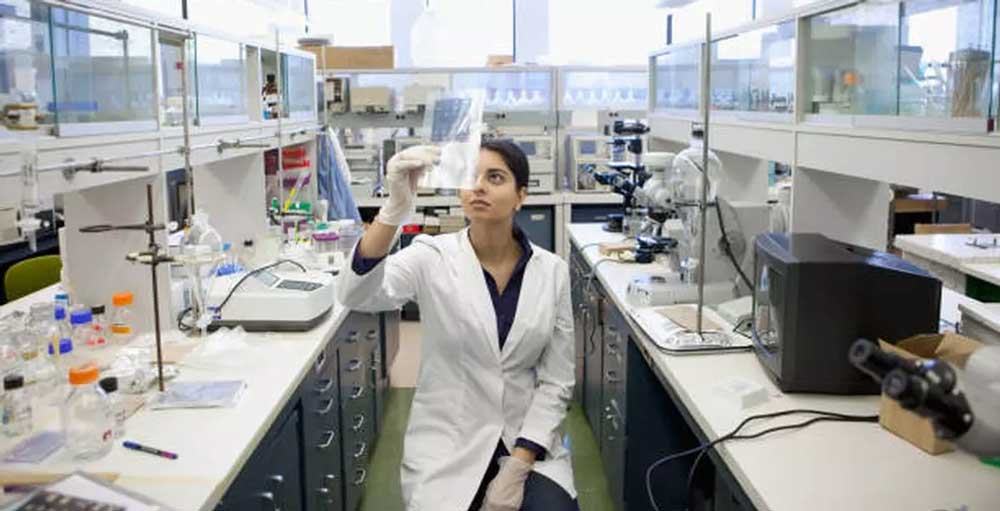
A number of fellowship programs are part of the WISE-KIRAN initiative, which supports women in research careers. Women undertaking research in the basic and applied sciences are the target audience for the WISE-PhD Fellowship. By offering mentorship and financial support, this initiative helps women focus on their education and contribute to scientific advancements. Furthermore, women are encouraged to participate in post-doctoral research programs through the WISE-Post Doctoral Fellowship (WISE-PDF) and WISE-SCOPE. These initiatives provide women with the tools and assistance they need to transition from doctoral study to positions involving advanced research.
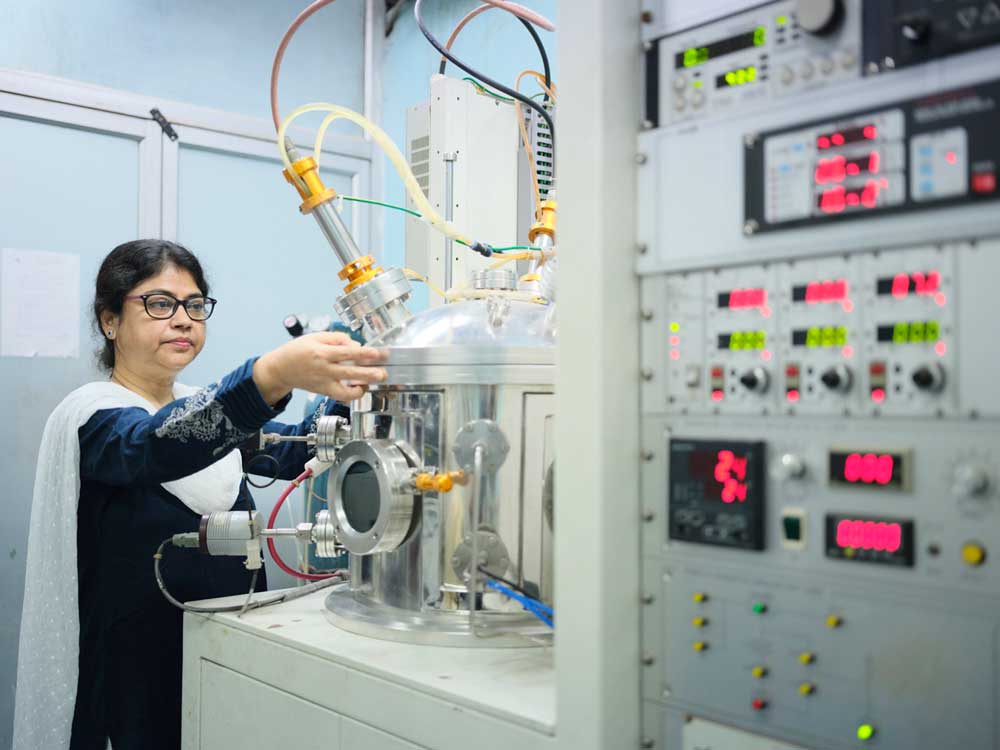
The WIDUSHI Program helps older women scientists—including those who are retired or unemployed—continue their research careers. The goal of this program is to reintegrate these women into the scientific community while acknowledging their invaluable expertise and knowledge.

The government provides assistance to create a solid foundation for women scientists so they can succeed in their disciplines. They offer financial assistance and mentorship. The WISE-IPR program is another aspect of the WISE-KIRAN effort that focusses on intellectual property rights (IPR). For women in IPR, this program provides on-the-job training for a year.
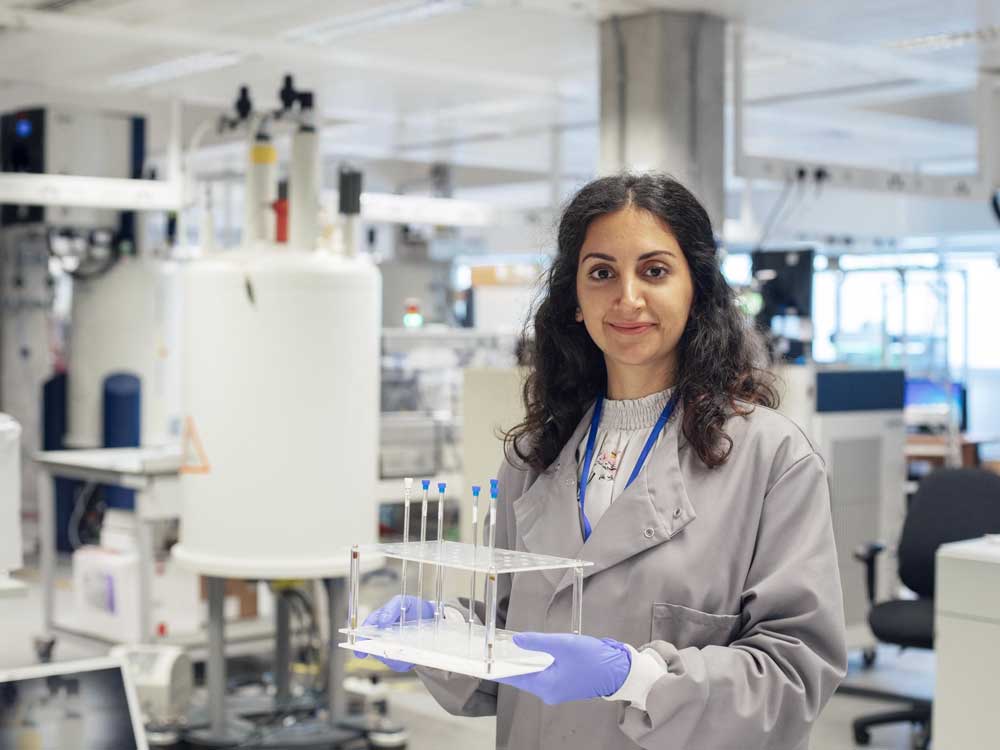
It is advisable for women in STEM fields to understand intellectual property because it gives them the ability to safeguard their inventions and research results. In today’s cutthroat research environment, this training gives women the tools they need to successfully negotiate the complexity of intellectual property rights. The program seeks to increase women’s contributions to scientific innovation and advancement by cultivating competence in this field. Additionally, it supports the larger objective of encouraging women to pursue technology-related entrepreneurship. Women may improve their market positioning and guarantee the protection of their ideas and creations by being aware of IPR. In addition to helping individual women, this program helps India’s innovation ecosystem become more diverse and stronger.
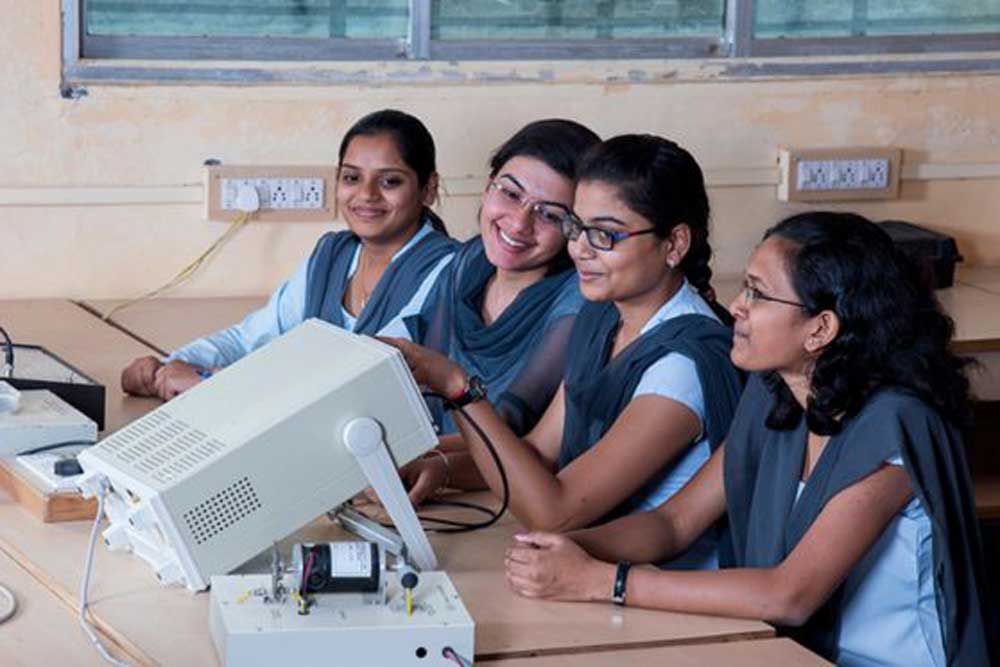
Another important component of the WISE-KIRAN plan is the Vigyan Jyoti program. This initiative encourages girls from classes IX through XII to seek higher education and professions in STEM. Vigyan Jyoti aims to encourage young girls to think about pursuing jobs in fields where women involvement is historically low, by offering mentorship and support. The curriculum places a strong emphasis on crucial early intervention to influence career decisions. It aims to dispel prejudices and inspire young girls to pursue their interests in science and technology by interacting with them.
Another important element of the WISE-KIRAN effort is the National Effort for Developing and Harnessing Innovations (NIDHI). Through this initiative, women entrepreneurs can access vital resources like early-stage finance, mentorship, incubation facilities, and capacity building. In particular, the NIDHI-Seed Support Program provides seed money for enterprises, especially those run by women.
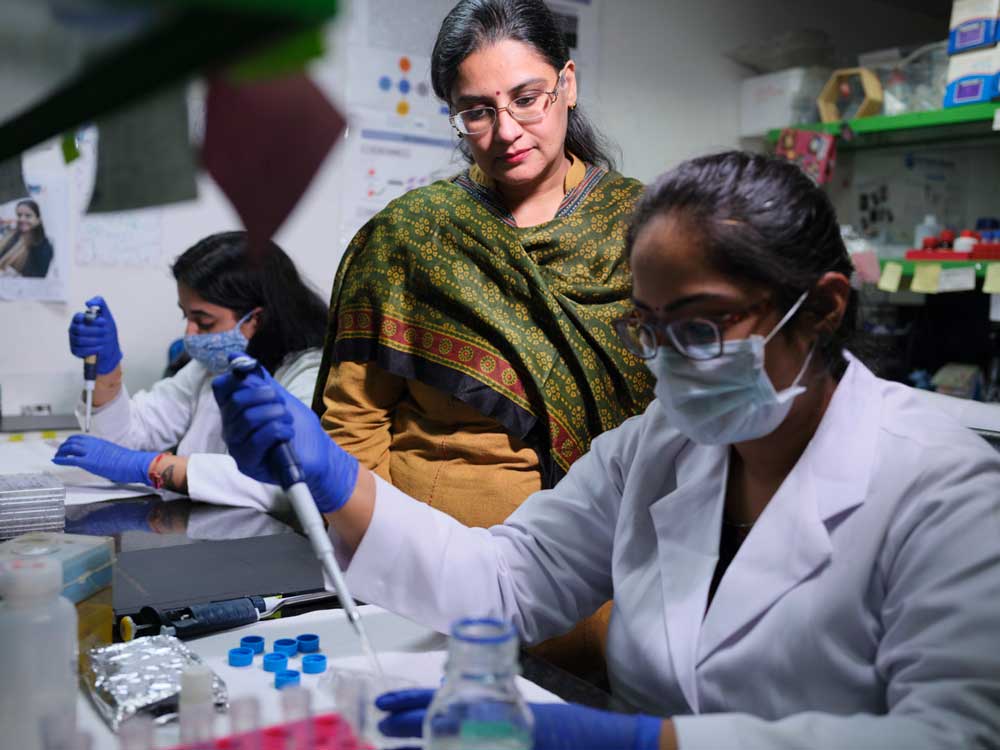
Additionally, the Women Scientist Scheme (WOS) is essential for promoting research and reviving careers. It encourages women to return to basic and applied science research and gives them the opportunity to address societal issues. Women are trained in IPR through the WOS-C component, and many of the trainees go on to become registered patent agents. The WOS-A program has helped more than 2,076 women scientists, many of whom have published thousands of research papers and earned PhDs. Together, these programs and initiatives will enable women to succeed in STEM disciplines, promoting a more diverse scientific community in India.
Image source: Poland Daily, Telegraph, Agencevu